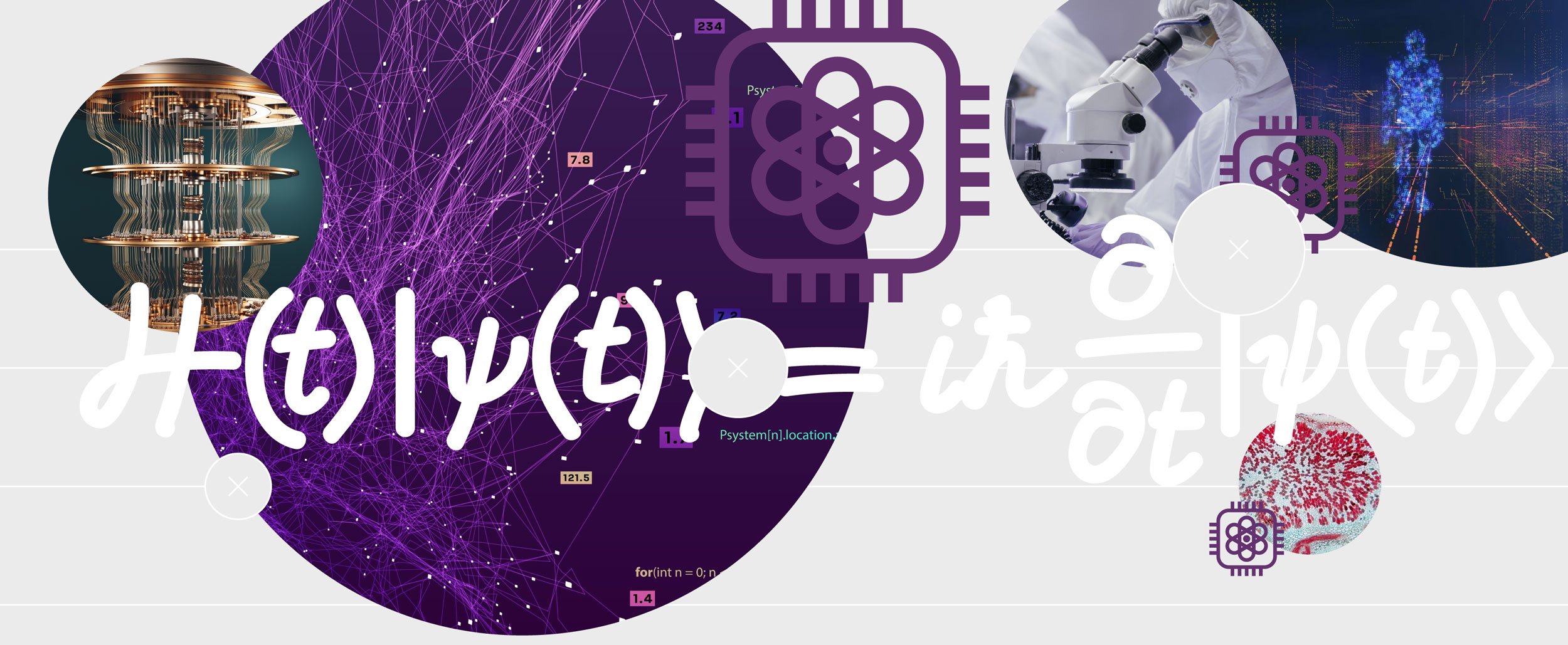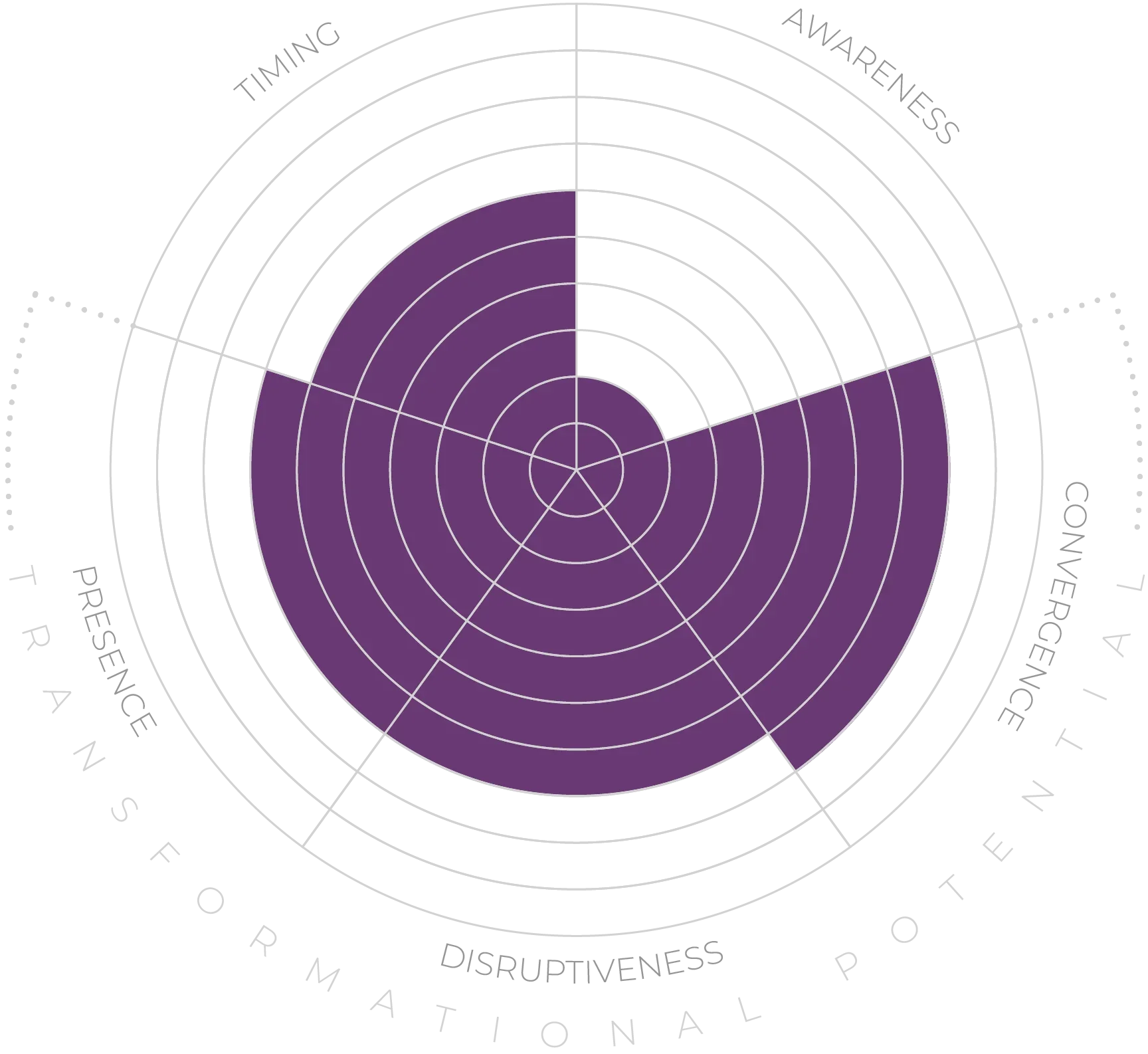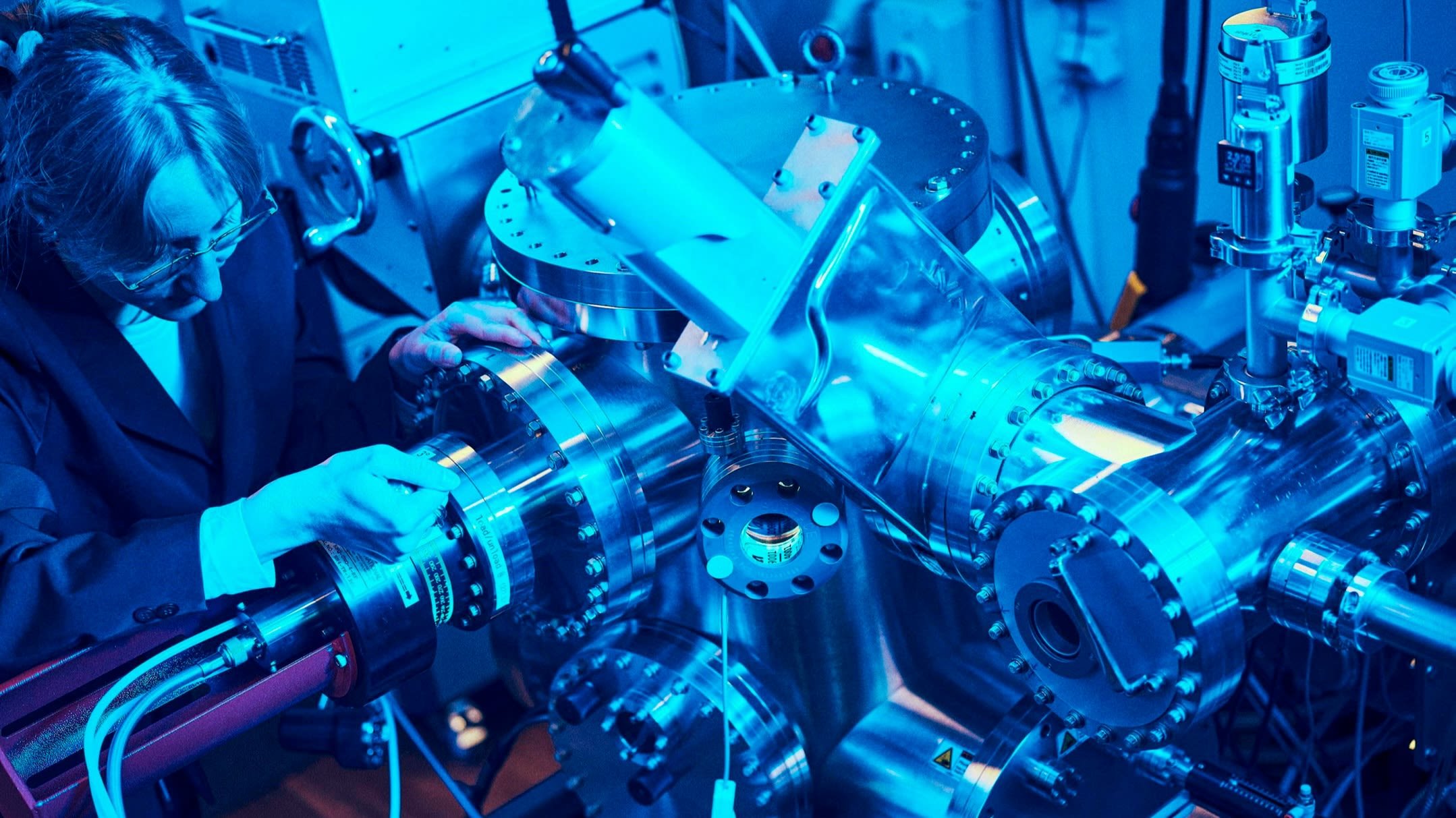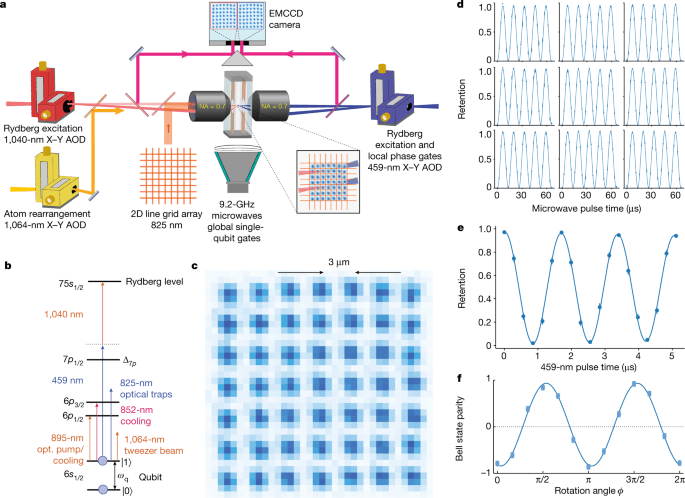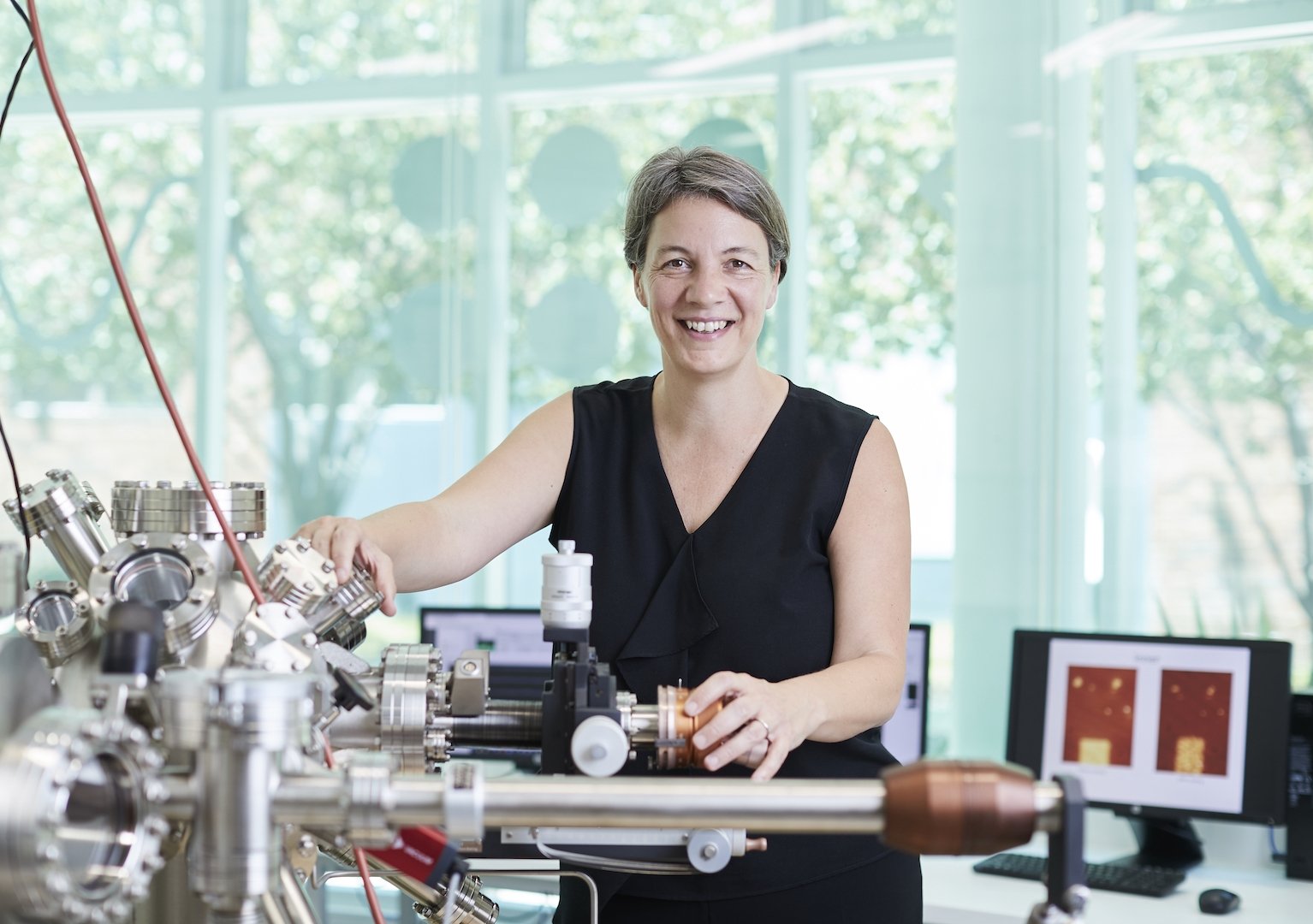Two decades of academic research into quantum computing have resulted in significant recent investments in the field from major technology companies such as Microsoft, IBM, Google, Intel, Alibaba, Huawei, Fujitsu and Honeywell. A rapidly growing number of start-ups are also active in the field. Today's most promising machines include IBM's 433 "quantum bit" (qubit) Osprey processor, the largest general purpose quantum computer to date. Demonstrations have shown that some quantum machines are now taking only a few minutes to perform complex calculations that would take days on the most powerful classical computers.9 Although there are no real-world uses as yet, it is clear that quantum machines are starting to push into problems that are extremely difficult, time intensive and expensive for standard processors.
However, most real-world applications for quantum computers will require “quantum error correction”, which necessitates systems with millions of qubits.10 It is not yet clear whether the various different hardware implementations in development (superconductors, ion traps, silicon-based wafers and photonics to name a few) will all yield useful quantum computers, or whether one type will win out. In addition, very few truly revolutionary algorithms have so far been devised to run on these machines. It is likely that early (and possibly all) implementations of quantum computing will involve hybrid quantum-classical operations.

